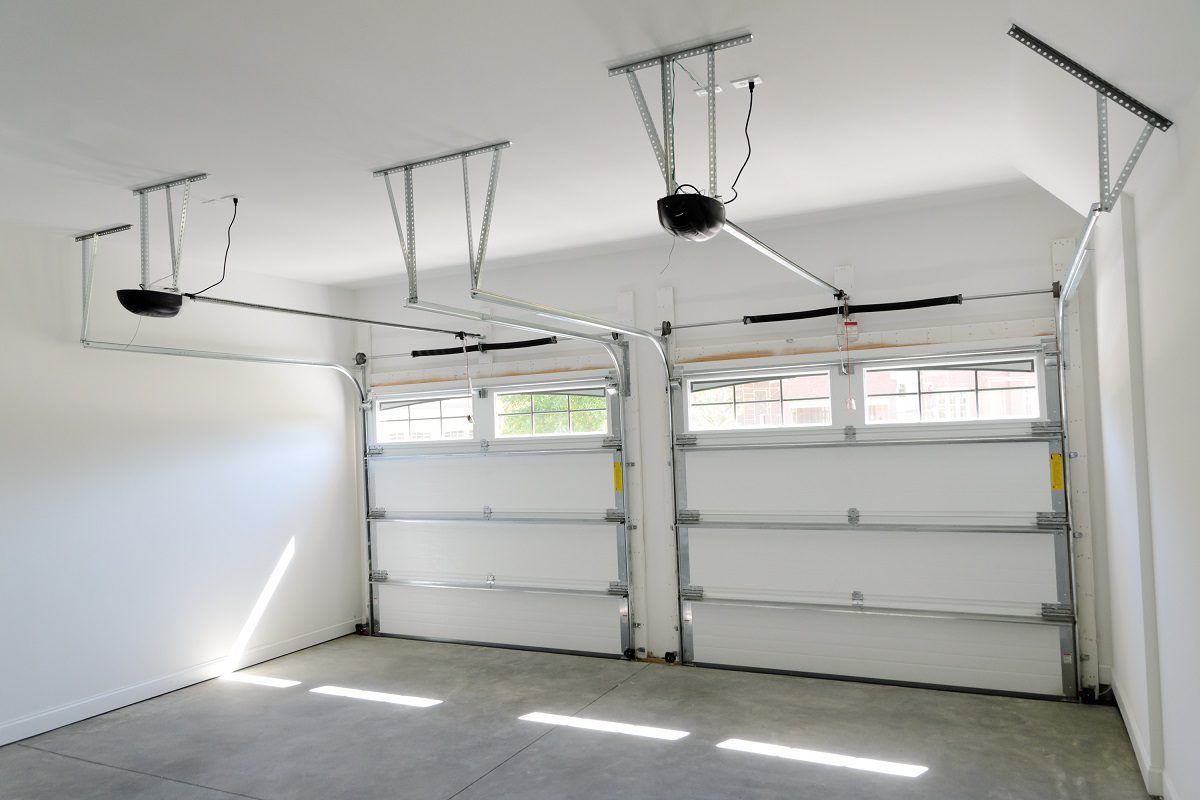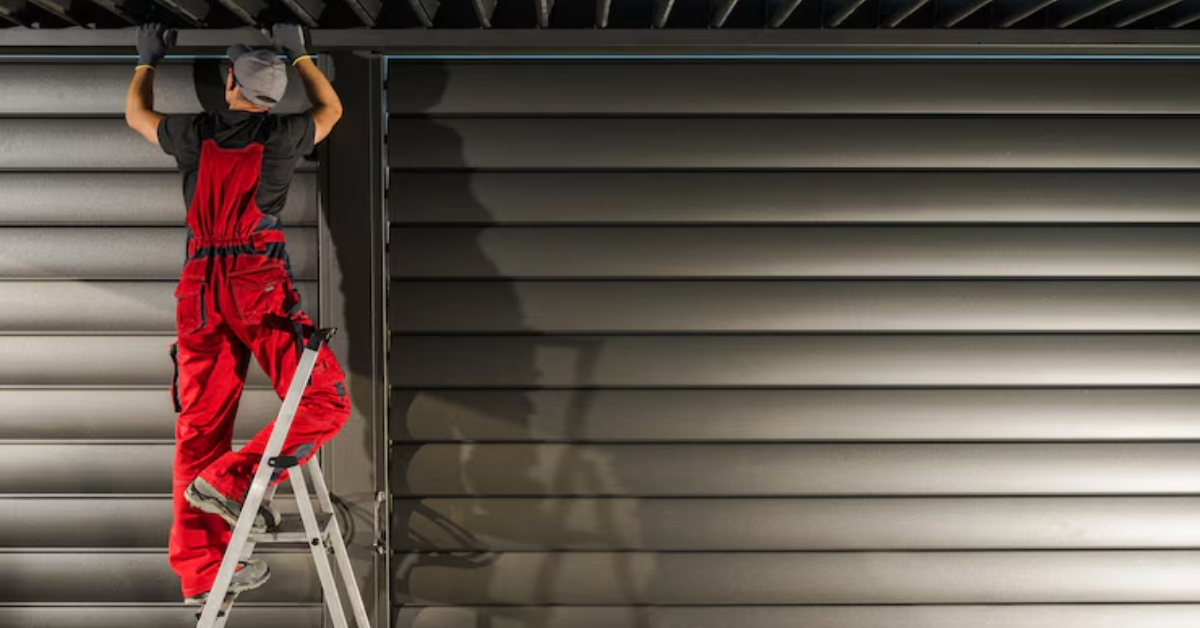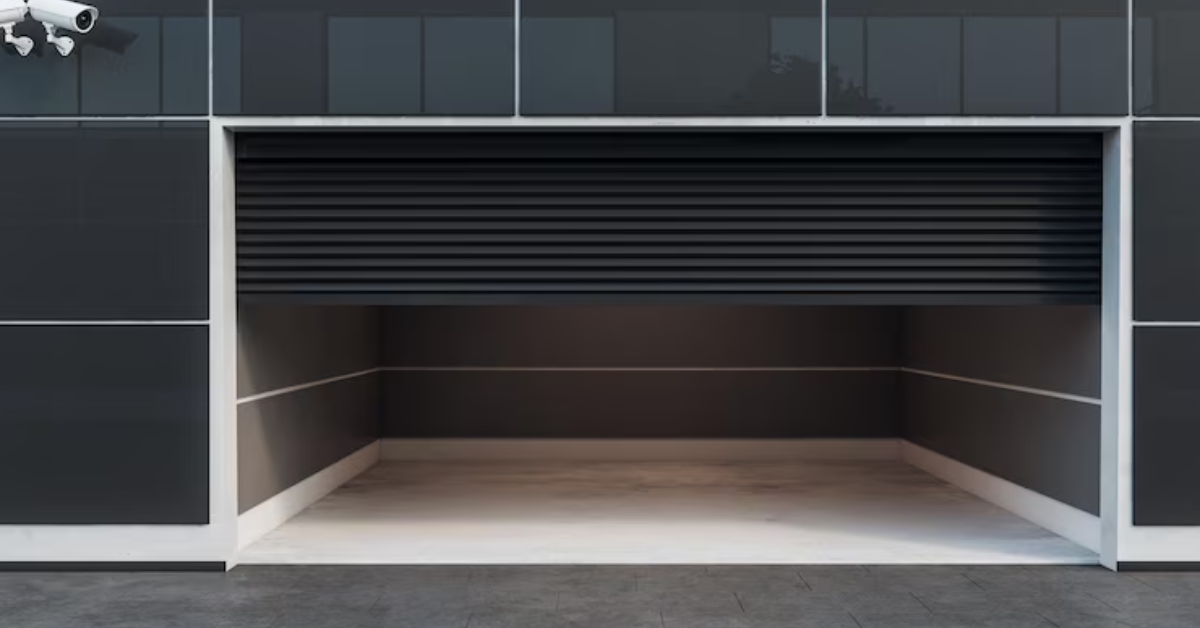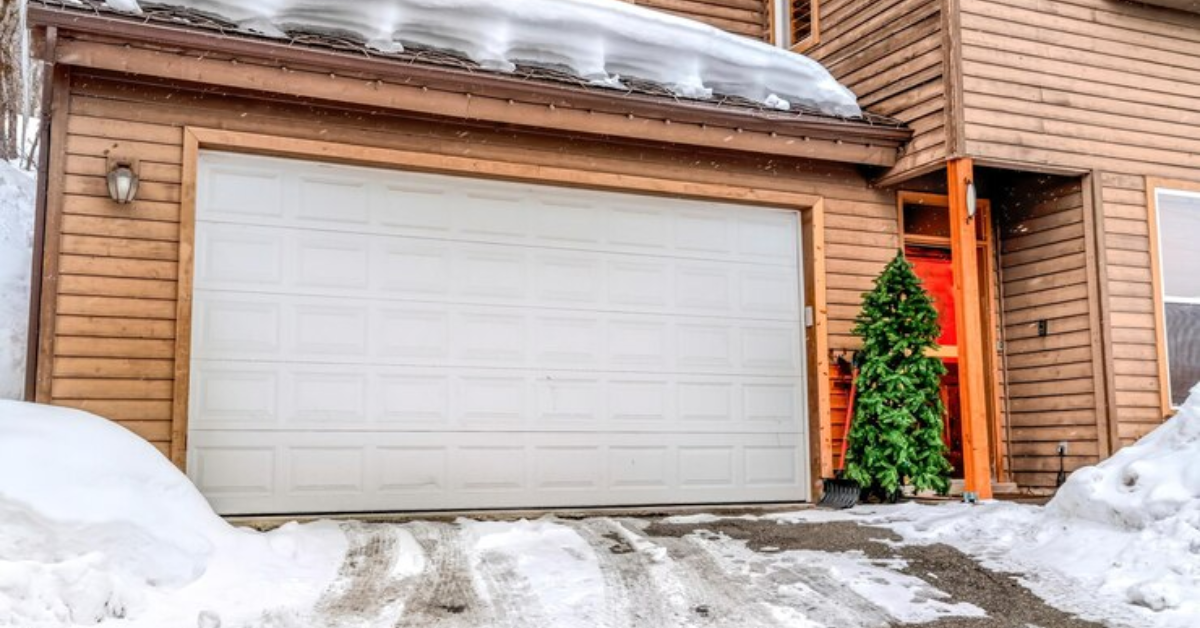How To Lubricate A Noisy Garage Door
A garage is a place that is most loved by at least one member of the family. It’s not only a place where you can park your car, but it can be turned into a workshop for your carpentry or painting hobbies, or a place to store unwanted furniture and other clutter. However, sometimes a garage door can also be a cause of trouble for you. Every time you open or close a noisy garage door, it can irritate you, your family, and your neighbors. The reason could be wear and tear, or the type of garage door could be itself noisy. There are various ways to fix a noisy garage door, and one such is to lubricate it. This article will explore the reasons behind a noisy garage door and ways to fix it.
What Makes A Garage Door Noisy?
The track of your garage door could be bent that is causing all the trouble. Though it might be possible for you to open or close the door normally, the action will be accompanied by loud, weird sounds. The noise can be bothersome, especially when it’s late at night. So it’s better to get the fixture soon.
If any of your garage door parts are loose, it can disbalance the mechanism and cause loud noise when opening the door or shutting it down. To find the culprit, you can go through every component, including chain, nuts, or roller, but it will take too much time and energy. It’s best to learn about what component causes a particular type of sound to ease the trouble. And once identified, you can tighten the loose part or repair or install the damaged one. Since garage doors are heavy, they can cause you severe damage or to your property if not handled with care. Therefore, we recommend calling in professionals to get the work done. To schedule an expert appointment, call (833) 644-2822.
How To Lubricate Your Noisy Garage Door?
If the culprit was a loose garage door part and you have fixed it, but the noise is still there, don’t worry! There are many ways to help you get rid of the trouble. Loose parts are mostly blamed, but dried out parts are equally responsible. If there is a lack of lubrication on the springs, hinges, or chain, the friction can cause a loud sound on the door’s opening and closing.
Procedure to Lubricate Noisy Garage Door
The first step is to close the garage door and cut it from the main power supply. It’s important to prevent anyone from opening it accidentally while you’re working. The next step is to thoroughly clean the door tracks with a damp cloth to eliminate the dirt and debris. When the track is clean, you can proceed to the next step that is lubrication. To do so, use lithium grease instead of oil or WD-40. Now carefully lubricate the garage door track, hinges, rollers, springs, and upper part of the rail.
In case you have lubricated all the parts and tighten all the bolts, there is still some noise, call a professional to find the issue. Contact FixNGo at (833) 644-2822




